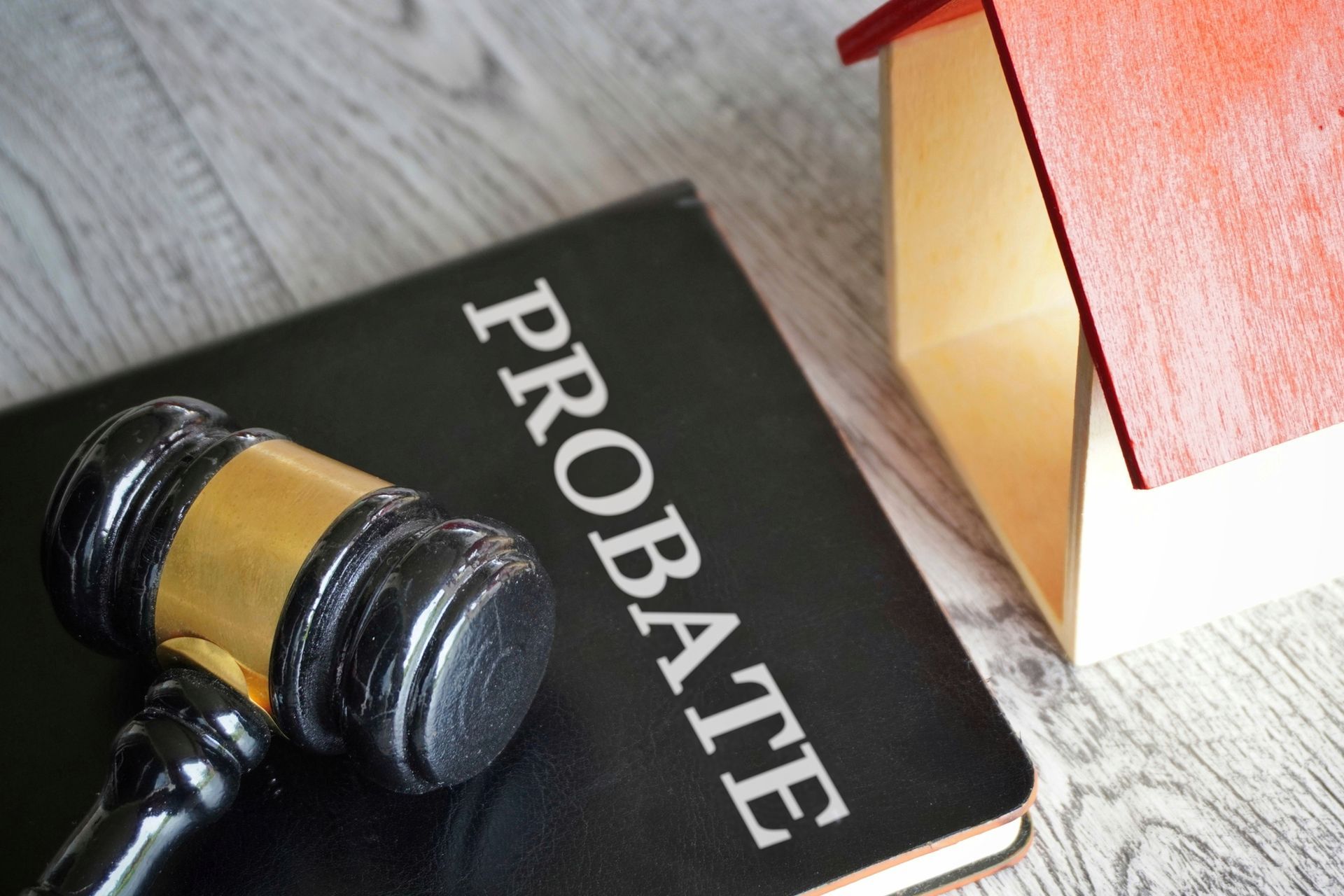Probate vs. Non-Probate: Probate Lawyer in Plainville, CT
When navigating the estate settlement process, understanding the difference between probate and non-probate assets is crucial. If you're searching for a probate lawyer in Plainville, CT, this guide will clarify these distinctions and help you identify which assets require court oversight and which don’t.
How a Probate Lawyer Can Assist You With Probate and Non-Probate Assets
Navigating the complexities of estate planning and settlement often involves understanding the distinction between probate and non-probate assets. These categories determine how assets are distributed after a loved one passes and whether they require court supervision. A skilled probate attorney can help you identify and manage these assets, ensuring a smooth and efficient process. With their expertise, you can avoid unnecessary delays, protect beneficiaries’ interests, and develop an estate plan that simplifies matters for your loved ones.
5 Key Differences Between Probate and Non-Probate Assets
1. Ownership Structure
- Probate Assets: Solely owned assets by the deceased without designated beneficiaries, such as personal bank accounts or properties, typically go through probate.
- Non-Probate Assets: These include jointly-owned assets or those with named beneficiaries, like joint bank accounts and life insurance policies, which bypass probate.
2. Control After Death
- Probate Assets: The court oversees the distribution of these assets. Executors must follow legal protocols to transfer ownership.
- Non-Probate Assets: They transfer automatically to the named beneficiaries without court intervention.
3. Documentation Requirements
- Probate Assets: Distribution requires a court order and an executor’s involvement, often necessitating detailed documentation and court filings.
- Non-Probate Assets: Beneficiaries only need minimal paperwork, like presenting a death certificate, to claim ownership.
4. Privacy of Distribution
- Probate Assets: Probate is a public process, meaning asset details are accessible to anyone.
- Non-Probate Assets: Transactions are private, ensuring confidentiality for beneficiaries.
5. Time and Cost Implications
- Probate Assets: Probate can be time-consuming and costly due to legal fees, court costs, and delays.
- Non-Probate Assets: These assets are faster to distribute and incur fewer expenses, easing the financial burden on loved ones.
Understanding these distinctions helps in effective estate planning. With proper guidance, you can reduce the probate process's complexity, preserve privacy, and expedite the distribution of your loved one's assets.
How a Probate Lawyer Can Help
The legal intricacies of probate require a detailed understanding of estate laws. A skilled probate attorney in Plainville, CT, can:
- Streamline the Probate Process: Ensure timely filings and compliance with local laws.
- Provide Guidance on Asset Identification: Help you distinguish between probate and non-probate assets.
- Protect Beneficiaries’ Interests: Minimize disputes and ensure fair distribution.
- Optimize Estate Planning: Recommend strategies to reduce probate complexities in the future
Trusted Probate Lawyer in Plainville, CT
Need help managing estate matters? Reach out to Mastrianni & Seguljic, LLC at (860) 747-6363 or send a message to schedule a consultation. Our experienced probate attorneys in Plainville, CT, are here to guide you every step of the way. Contact us today to learn more!"







